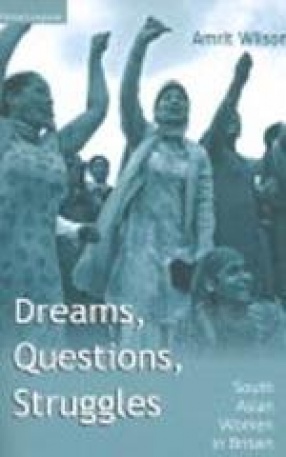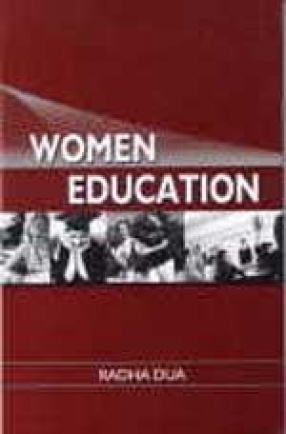Studies in Family Planning: India
In stock
As a programme of directed socialand behavioural change, Family Planning has made considerable progress in India. An impressive library of family planning research has also been created in the process. There is, however, a disturbing communication gap between the research and the policy maker / planner-administrator. Research findings do not get canalized into action programmes. These two remain discrete activities with very little of interface between them. One of the reasons for this is lack of systematization of research findings. A stage has been reached when the stock-taking of the existing body of research has become necessary to provide a sort of ‘system’ or ‘order’ to the widely scattered data and findings, and to identify research gaps. This double exercise will render current research utilizable, and will stimulate further research. This is what Professor Kamala Gopal Rao does in this book. A distinguished researcher in the field of family planning, Dr. Rao has attempted to summarize and present in common format over 500 studies conducted in India, between 1950-1973, on different aspects of family planning. The main findings of the studies are critically reviewed for their relevance to the ongoing family planning programme. She has also reviewed the methodologies employed in family planning research. She suggests strategies to promote utilization of research. The book fulfils the much felt need for a ready reference for researchers and a guide to administrators, policy makers, and programme planners concerned with family planning.





There are no reviews yet.